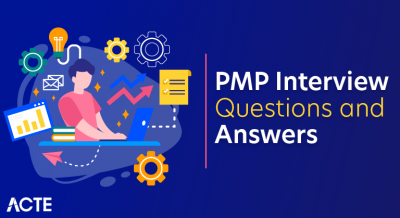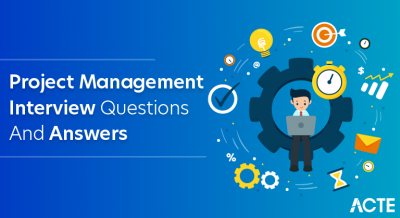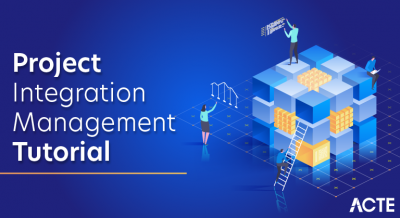
- Introduction to the Product Manager Career Path
- Entry-Level Product Management Roles
- Mid-Level Career Progression
- Senior Product Manager Role
- Moving into Leadership Positions
- Transitioning to Director of Product Management
- Skills Required for Career Growth
- Certifications and Courses for Advancement
- Industry-Specific Career Opportunities
- Freelance vs Full-Time Career Options
- Challenges and Opportunities
- Tips for Accelerating Career Growth
Introduction to the Product Manager Career Path
Product management stands out as a highly dynamic and influential profession in today’s fast-paced tech and business landscape. Acting as the crucial link between technology, business objectives, and user needs, a product manager plays a pivotal role in guiding a product from concept to launch. PMs collaborate with cross-functional teams engineers, designers, marketers, and stakeholders to ensure the product not only functions well but also delivers real value to its users. This role demands strategic thinking, problem-solving, empathy, and excellent communication. Many professionals enhance their skills and credibility through PMP Training which can provide a solid foundation in project management principles that align well with product leadership. The career path is versatile, opening doors to leadership, innovation, and significant impact within organizations. Whether refining existing solutions or creating groundbreaking products, product managers shape the way we interact with technology every day.
Entry-Level Product Management Roles
The journey typically begins with entry-level roles such as Associate Product Manager (APM) or Junior Product Manager. These roles are ideal for recent graduates or professionals transitioning from other fields such as marketing, engineering, or design. APMs support senior PMs with tasks like market research, user feedback collection, competitive analysis, writing user stories, and coordinating with cross-functional teams. In these early stages, the focus is on learning the fundamentals of product development cycles, understanding user needs, mastering tools like JIRA or Asana, and developing communication skills. Entry-level PMs often work under the guidance of experienced mentors who help shape their understanding of strategic thinking and execution. Pursuing PMP & Tutorial resources can be extremely beneficial in accelerating their knowledge of project management and product development techniques.
Become a Project Management expert by enrolling in this PMP Training Online Course today.
Mid-Level Career Progression
As professionals gain experience, they move into mid-level roles like Product Manager or Technical Product Manager.
They begin to take full ownership of one or more products or key features.
Responsibilities expand to include:- Strategic planning
- Defining and managing product roadmaps
- Prioritizing features based on user needs and business impact
- Collaborating closely with engineering and design teams Mid-level PMs are expected to:
- Show strong analytical and problem-solving skills
- Manage stakeholder expectations effectively
- Deliver measurable product outcomes They work cross-functionally with teams like:
- Marketing
- Sales
- Customer support
A strong grasp of key product metrics, A/B testing, and user experience (UX) design is essential at this stage.
Advance your Project Management career by joining this PMP Training Online Course now.
Senior Product Manager Role
A Senior Product Manager (Sr. PM) typically oversees multiple product lines or major initiatives within a company. The role demands a higher level of strategic thinking, leadership, and decision-making. Sr. PMs influence the company’s direction by identifying market trends, customer pain points, and new opportunities for growth. They mentor junior PMs, lead cross-functional initiatives, and often work with executives to align product strategy with business objectives. Data-driven decision-making, communication, and negotiation skills are paramount. Sr. PMs are often involved in budgeting, resource planning, and go to market strategies. Enrolling in PMP Training can further enhance a Sr. PM’s ability to manage projects effectively, ensuring alignment with company goals and optimizing resource utilization.
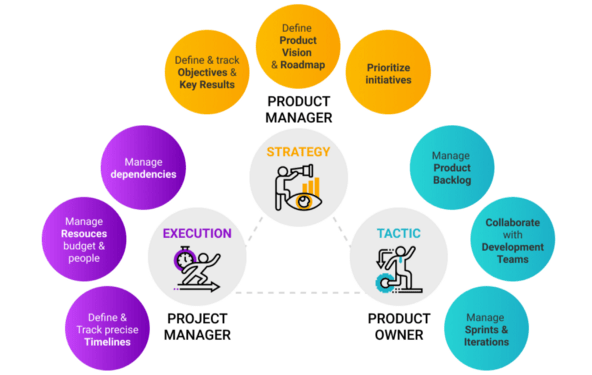
Moving into Leadership Positions
Beyond senior roles, product managers can advance to leadership positions such as Group Product Manager (GPM), Principal Product Manager, or Head of Product. These positions involve managing teams of PMs, setting organizational priorities, and ensuring that products align with the company’s long-term vision. Leadership in product management requires a mix of strategic foresight, strong people management skills, and solid business acumen. GPMs and Heads of Product are responsible for developing talent, fostering innovation, and driving the success of the overall product portfolio. Their success is often measured by the collective outcomes of their teams and the value they deliver to customers. Using tools like a RACI Chart can help clarify roles, responsibilities, and decision-making processes, ensuring effective collaboration across teams.
Transitioning to Director of Product Management
The Director of Product Management oversees multiple product teams and is responsible for the broader product strategy and execution. This role is heavily focused on leadership, vision, and cross-functional collaboration. Directors are accountable for aligning product initiatives with long-term business goals, managing budgets, and influencing C-suite decisions. They often liaise with external stakeholders, represent the company at industry events, and stay updated on competitive trends. Directors play a crucial role in organizational growth and innovation. Their success is defined by their ability to balance strategic oversight with operational execution. Making informed Make or Buy Decision choices is an essential part of this role, helping to optimize resources and drive value.
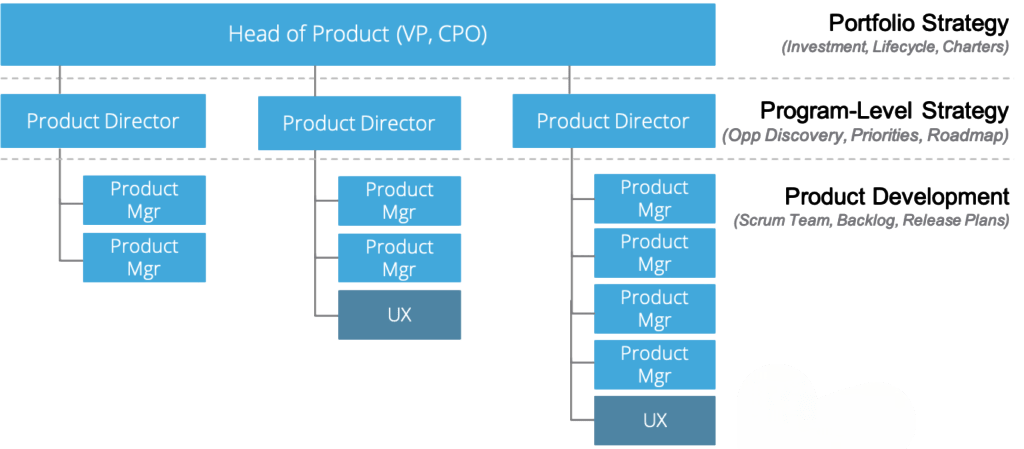
Skills Required for Career Growth
To advance in a product management career, professionals need a well-rounded skill set:
- Technical Literacy: Understanding the basics of software development, APIs, and data analytics.
- Business Acumen: Ability to align product features with market demand and company goals.
- User Empathy: Deep understanding of user needs and pain points.
- Communication: Strong written and verbal communication for cross-functional collaboration.
- Leadership: Capability to inspire, influence, and guide teams.
- Analytical Thinking: Proficiency in analyzing data, metrics, and user feedback.
- Project Management: Skills in managing timelines, scope, and resources.
Continuous learning and adaptability are also vital as the industry and technologies evolve.
Are you getting ready for your PMP interview? Check out our blog on PMP Interview Questions and Answers!
Certifications and Courses for Advancement
While not mandatory, certifications and structured courses can significantly enhance a PM’s credibility and skillset. Popular certifications include:
- Certified Scrum Product Owner (CSPO)
- Pragmatic Institute Certifications
- PMI-ACP (Agile Certified Practitioner)
- AIPMM Product Management Certification
- General Assembly Product Management Course Reforge and Product School Advanced Courses
These programs cover essential topics such as product lifecycle management, agile methodologies, market analysis, and stakeholder management. They also provide networking opportunities with fellow PMs.
Industry-Specific Career Opportunities
Product management roles can vary significantly depending on the industry:
- Tech & SaaS: Fast-paced, innovation-driven environments with a focus on scalability and user retention.
- Healthcare: Emphasis on compliance, data privacy, and patient-centered solutions.
- Finance: Focus on security, regulatory requirements, and customer trust.
- E-commerce: High competition, customer experience, and logistics optimization.
- Education Technology: User engagement, accessibility, and learning outcomes.
Understanding the nuances of each industry helps PMs build domain expertise and tailor their strategies accordingly.
Freelance vs Full-Time Career Options
While most PMs work in full-time roles within organizations, the gig economy has opened doors for freelance and consulting opportunities. Freelance PMs offer services like product strategy, roadmap planning, and UX consultation to startups or small businesses. Advantages of freelancing include flexibility, diverse experience, and autonomy. However, it also comes with challenges like inconsistent income, lack of benefits, and the need to constantly source clients. Full-time roles, in contrast, offer stability, career progression, and deeper involvement in product development. For freelance PMs, understanding a Project Quality Plan (PQP) Tutorial can help ensure the delivery of high-quality work and meet client expectations effectively.
Challenges and Opportunities
Product management is a rewarding but demanding career path. Common challenges include:
- Ambiguity: Dealing with incomplete information and making informed decisions.
- Stakeholder Alignment: Balancing conflicting priorities across teams.
- Time Management: Handling multiple responsibilities simultaneously.
- Continuous Learning: Keeping up with evolving technologies and methodologies.
- High Impact: PMs directly influence product success and customer satisfaction.
- Career Mobility: Skills are transferable across industries and roles.
- Innovation: Constant opportunity to bring new ideas to life.
- Leadership: Clear pathway to executive roles.
Despite these challenges, the opportunities are immense:
Tips for Accelerating Career Growth
Accelerating your career growth as a product manager requires intentional effort and continuous development. One of the most valuable steps is to seek mentorship learning from experienced PMs can provide clarity and direction. Building a portfolio that highlights your projects, product roadmaps, and outcomes helps demonstrate your capabilities. Staying curious about users, markets, and emerging technologies keeps you adaptable and informed. Active networking through PM communities, conferences, and forums can open doors to new opportunities. Regularly seeking feedback from peers and stakeholders is crucial for refining your approach and improving performance. It’s equally important to document your achievements, tracking the impact you’ve made across projects. As your career progresses, consider specializing in areas like AI, FinTech, or HealthTech to deepen your expertise. Enrolling in PMP Training can also add a valuable layer of project management discipline to your skillset, enhancing your ability to lead cross-functional teams effectively. Mastering tools such as Productboard, Miro, Confluence, and various analytics platforms can further boost your efficiency. Practicing public speaking builds confidence and strengthens your ability to communicate ideas and strategies clearly. Above all, stay resilient embrace challenges and setbacks as opportunities to grow. The product management path isn’t always linear, but with the right mindset, skills, and experiences, you can shape a fulfilling and impactful career.



